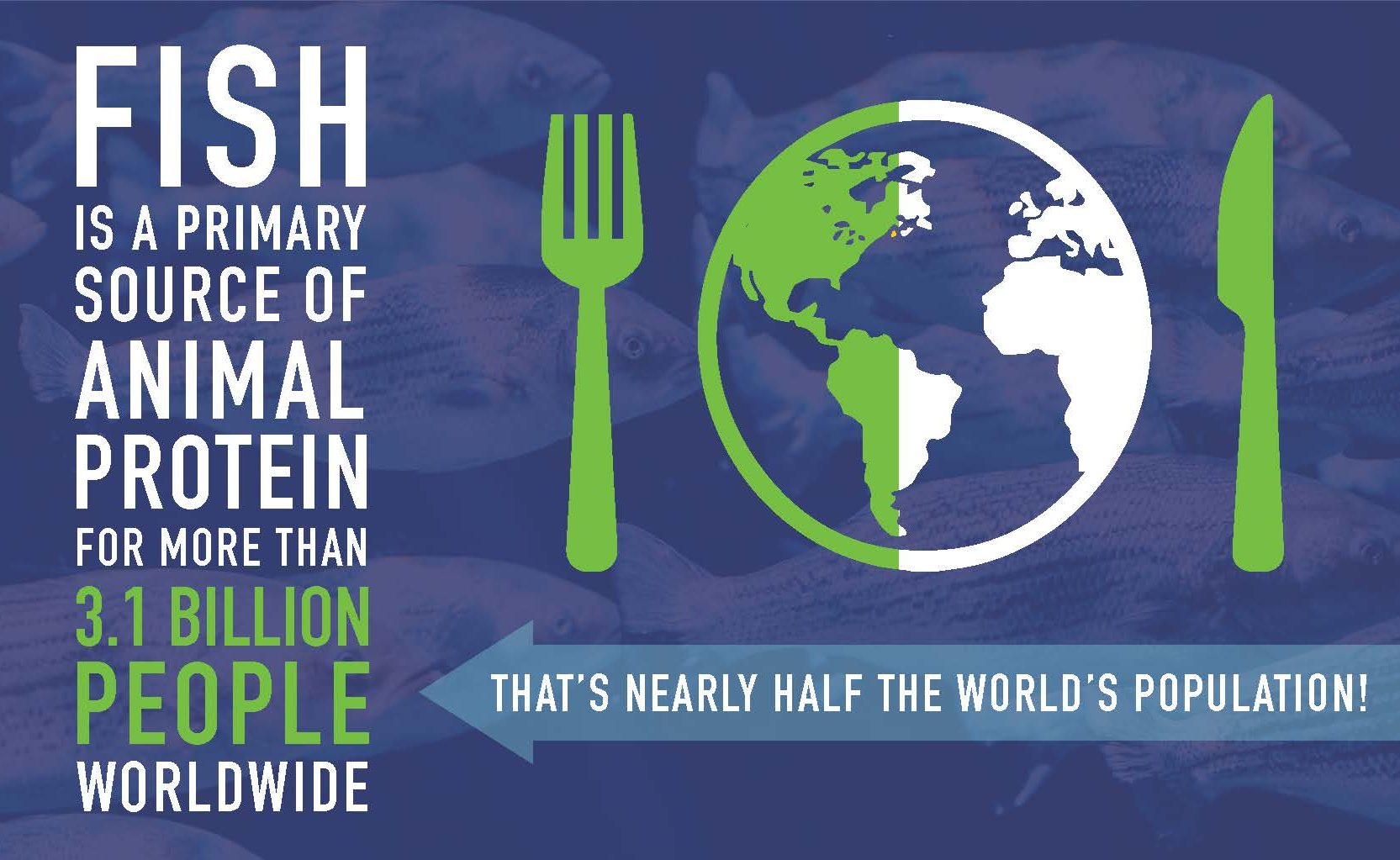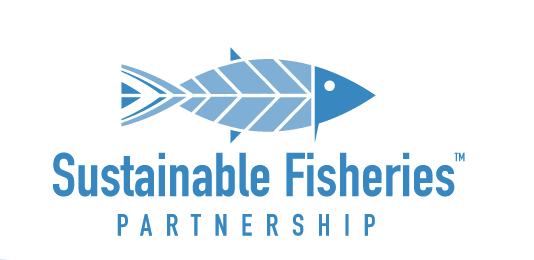- + 251 533 0977
- info@ahiseafoodmarket.com
- 18874 Section St., Fairhope, AL 36532
Sustainability Resources
- WHERE WE STAND
Our Sustainability Promise
Ahi Seafood Market is committed to supporting sustainable seafood initiatives, practices and principles to keep our oceans healthy for generations to come while helping to support the long-term future of our local and global fisheries and the industry as a whole.
We are committed to:
• Assessing the current status of the fisheries and fish farms that supply the seafood products Ahi Seafood Market buys and distributes.
• Sourcing and selling environmentally and socially-responsible seafood that addresses local, regional, and global sustainability concerns.
• Not sourcing from any fishery found to have IUU issues or that is currently on the IUCN red list, or any fishery or fish farm that is unwilling to improve.
• Sourcing only from suppliers that share our commitment to sustainability and transparency.
Fish by the Numbers
Depend on fisheries and aquaculture. (10-12% of the world’s population)
Are estimated to depend on fish for all or part of their incomes.
Rely on food from the ocean as a primary source of protein.

Fish stocks play a vital role in food security, providing nutrition and a source of income for billions of people. The livelihoods of 10-12 percent of the world’s population – that’s over 870 million people – depend on fisheries and aquaculture. And over three billion people worldwide rely on food from the ocean as a significant source of animal protein. Fisheries are a pillar of the global economy.
However our fisheries are threatened by unsustainable fishing. Lack of scientific data, poor management, and illegal, unreported, and unregulated (IUU) fishing reduce the long-term potential of fisheries to provide food and jobs. According to the UN Food and Agriculture Organization, just over 30 percent of the world’s assessed fish stocks are overfished and being harvested unsustainably. Another 58 percent of fish stocks are being fished at or near their sustainable maximum and cannot support expanded harvest. All fish stocks, and especially these overfished and fully fished stocks, require scientifically-based, effective, and precautionary management to ensure their long-term sustainability.
Our Ocean Conference
US Department of state
Link to these sources for further information and exploration.
Sign up for free recipes, cooking methods, tips and exclusive offers delivered to your inbox.
We won't spam you. We promise. 🙂
CONTACT US
18874 Section St., Fairhope, AL 36532
(251) 533 0977
info@ahiseafoodmarket.com
Temporary Hours for Pickup Orders Only
Thursday 11am-3pm
Must place preorders by Tuesday at 3pm.
REVIEW US
Help us help others by sharing your experience!
About | Sustainability | Seafood | Contact | Privacy Policy
© 2024 Ahi Seafood Market
Website by Street Heat Media


















